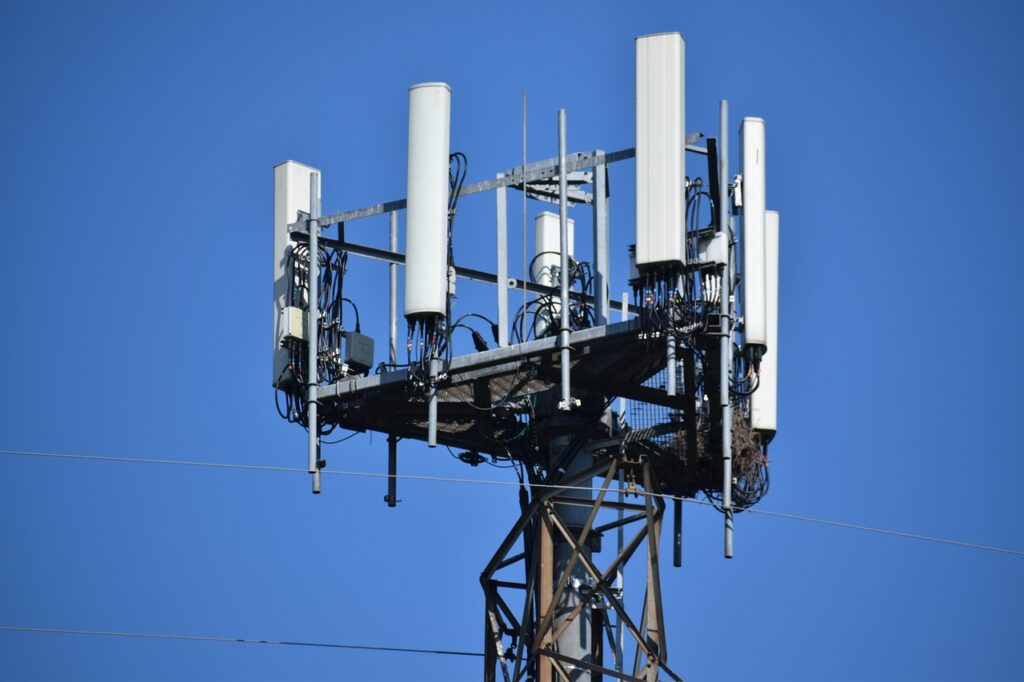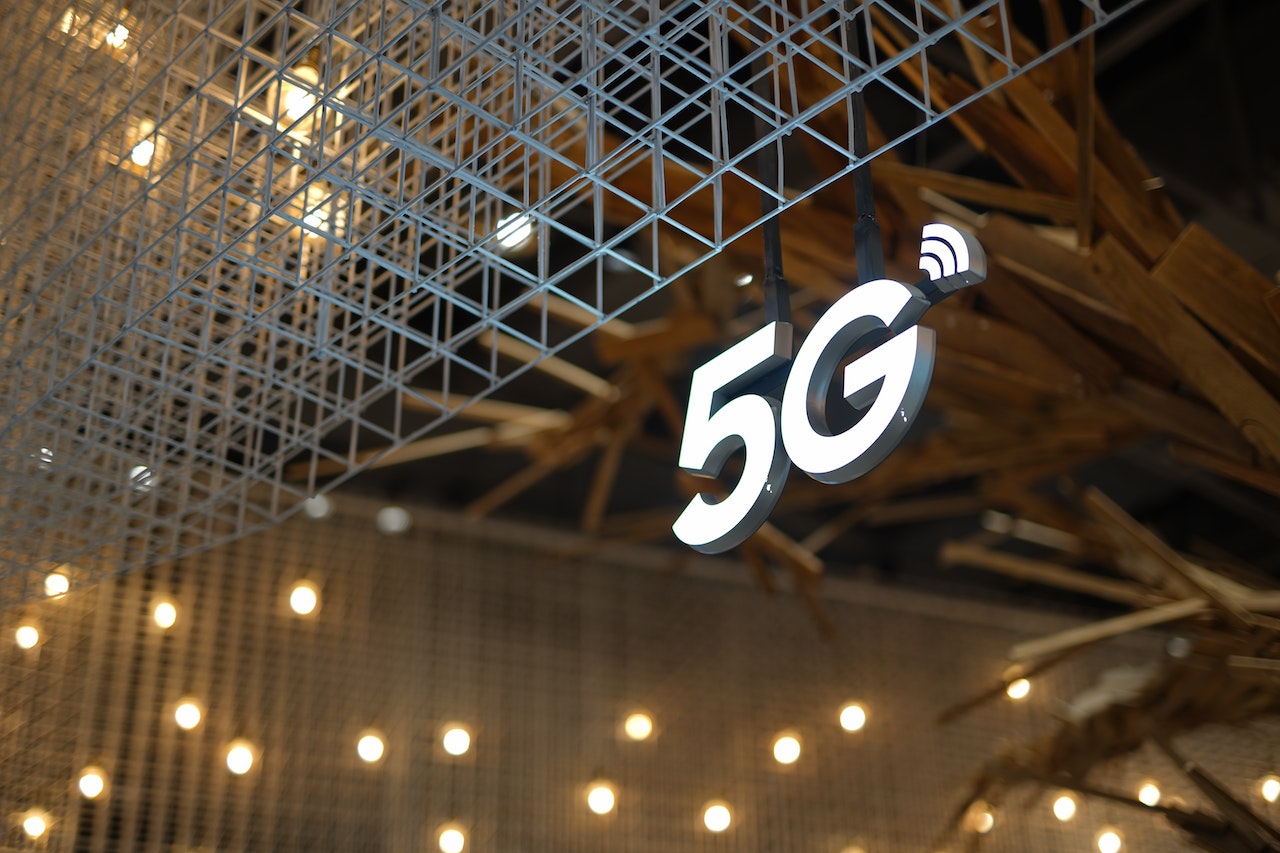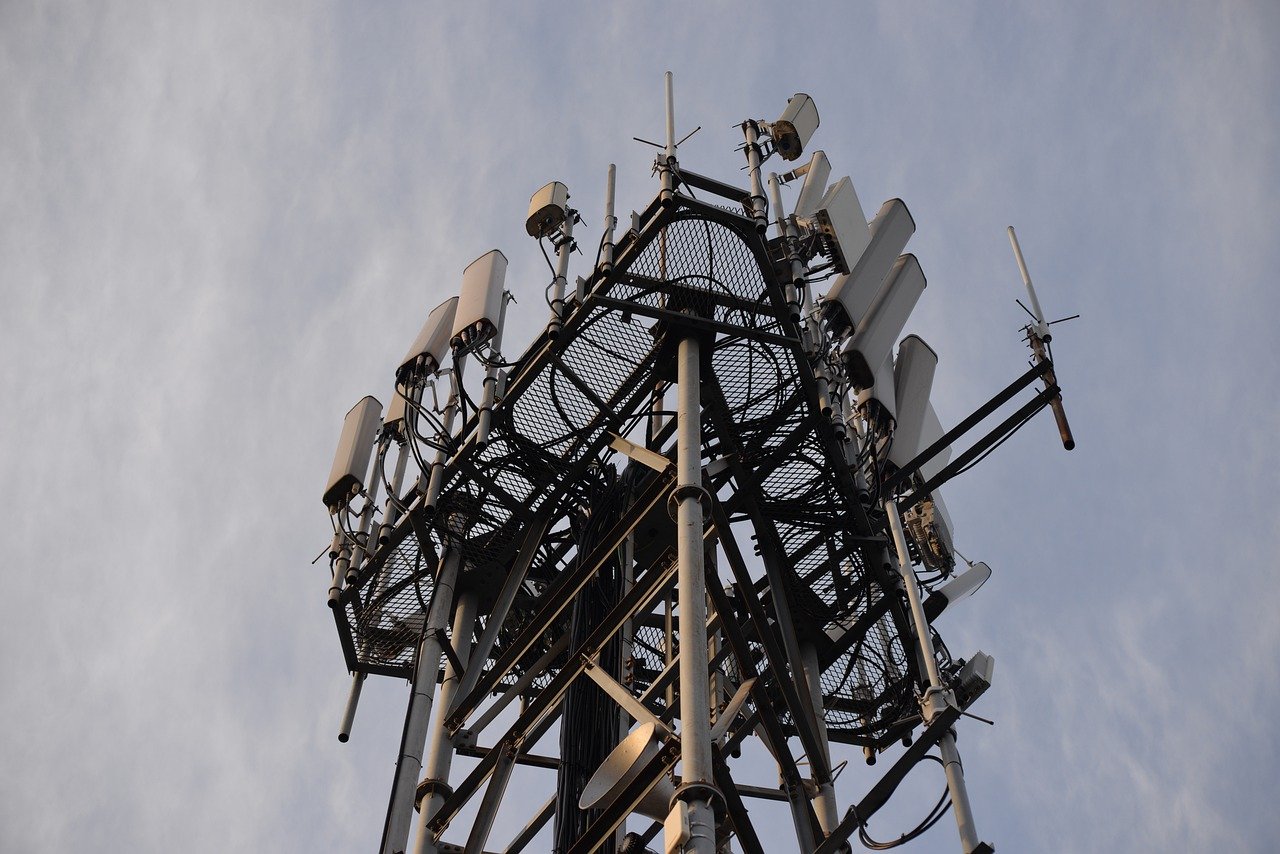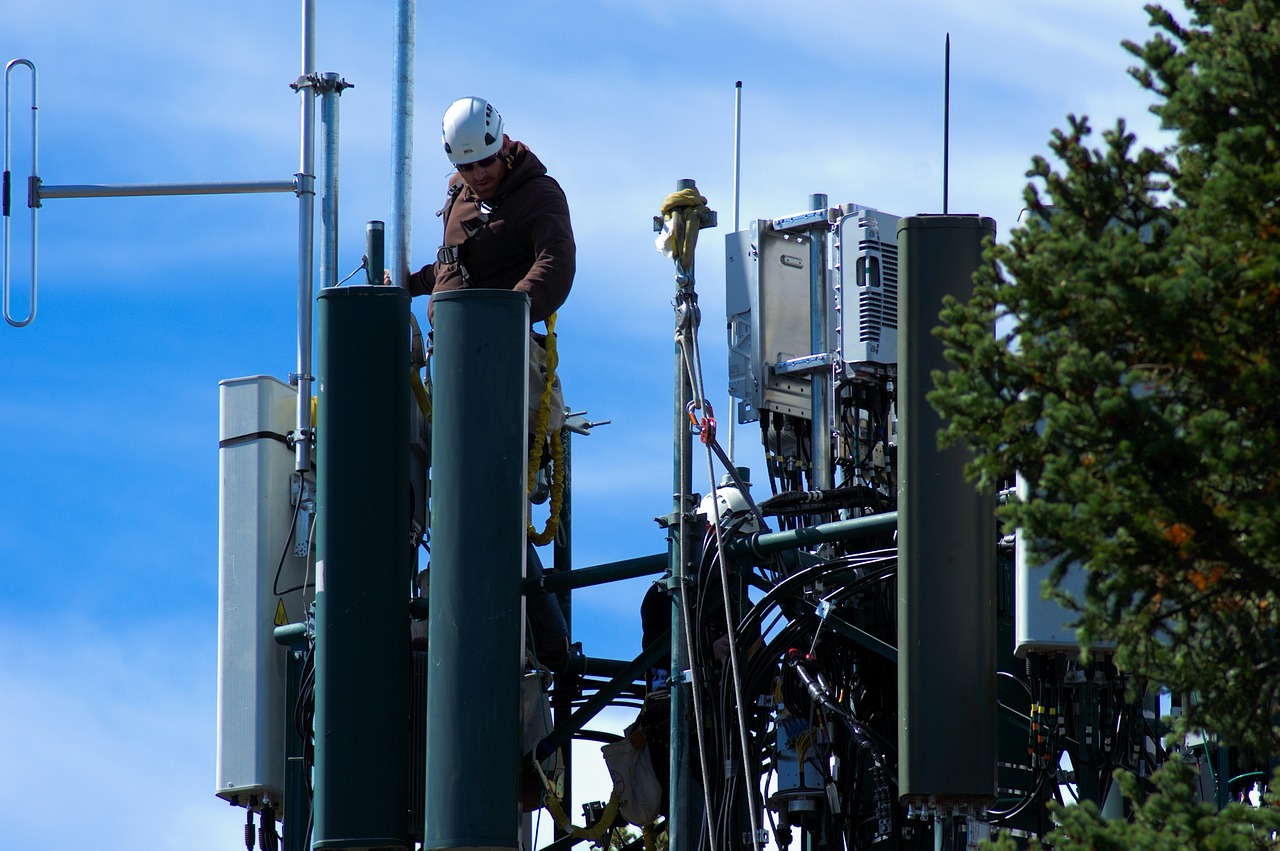The world is rapidly advancing towards the implementation of the fifth-generation (5G) cellular network. With its introduction, 5G is expected to revolutionize the way we access high-speed internet, and its impact is likely to be immense.
To understand the potential impact of 5G on high-speed internet, it is crucial to first understand what 5G technology is and how it differs from its predecessors.
What is 5G?
5G is the fifth generation of cellular wireless technology. It is designed to provide faster data speeds, lower latency, and higher capacity than the current 4G LTE networks. While 4G networks can offer download speeds of up to 100Mbps, 5G can provide download speeds of up to 10Gbps. This means that 5G is up to 100 times faster than 4G.
In addition to speed, 5G networks offer significantly lower latency. Latency is the time it takes for data to travel from the sender to the receiver. With 5G networks, latency is expected to be as low as 1 millisecond, compared to 4G’s latency of around 50 milliseconds. This reduction in latency is expected to improve the user experience for applications that require real-time responses, such as gaming and video conferencing.
Impact of 5G on High-Speed Internet
- Faster Download and Upload Speeds
With 5G networks, internet users can expect significantly faster download and upload speeds. This means that downloading and uploading large files, such as videos and images, will take seconds instead of minutes. This will be a game-changer for internet users, especially for those who rely on high-speed internet for work or streaming entertainment content.
- Improved Video Streaming
One of the most significant impacts of 5G on high-speed internet is the improvement in video streaming quality. With the faster download speeds and lower latency, 5G will provide a smoother streaming experience, even for high-resolution videos. It will enable streaming of 4K and 8K content without any buffering or lag. This will transform the way we consume video content, and users will be able to enjoy a cinematic experience at home.
- Enhanced Virtual and Augmented Reality
5G technology has the potential to revolutionize virtual and augmented reality experiences. With its faster data speeds and lower latency, users can experience virtual reality and augmented reality with greater clarity and detail. This will have a significant impact on industries such as gaming, education, and healthcare. For example, 5G-enabled virtual reality technology can help healthcare professionals perform remote surgeries with greater precision and accuracy.
- The Rise of Smart Cities
5G networks will be a key enabler of the smart city concept. With its high capacity and low latency, 5G can support a large number of connected devices, including sensors and cameras. This will enable real-time data collection and analysis, which can be used to improve the safety and efficiency of cities. For example, 5G-enabled traffic management systems can analyze real-time traffic data to optimize traffic flow and reduce congestion.
- Increased IoT Adoption
The Internet of Things (IoT) has been gaining popularity in recent years, and the adoption of 5G is likely to accelerate its growth. With its higher capacity and lower latency, 5G can support a large number of IoT devices, such as smart home appliances, wearable devices, and industrial sensors. This will enable real-time monitoring and control of devices, leading to increased efficiency and productivity.
Conclusion
5G technology is poised to revolutionize the way we access high-speed internet. Its faster data speeds, lower latency, and higher capacity will transform the user experience for applications that require real-time responses, such as








